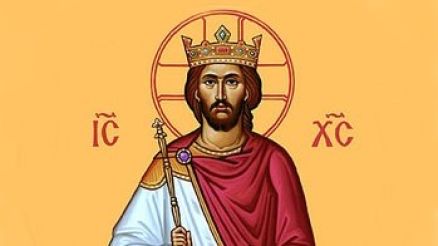Homily for the Solemnity of the Blessed Virgin Mary, the Mother of God, January 1, 2023, Year A

Homily of His Holiness Benedict XVI Vatican Basilica Sunday, January 1, 2012 Dear Brothers and Sisters! On the first day of the year, the liturgy resounds in the Church throughout the world with the ancient priestly blessing that we heard during today’s first reading: “The Lord bless you and keep you; the Lord make his face to shine upon you, and be gracious to you; the Lord lift up his countenance upon you and give you peace” (Num 6:24-26). This blessing was entrusted by God, through Moses, to Aaron and his sons, that is, to the priests of the people of Israel. It is a triple blessing filled with light, radiating from the repetition of the name of God, the Lord, and from the image of his face. In fact, in order to be blessed, we have to stand in God’s presence, take his Name upon us and remain in the cone of light that issues from his Face, in a space lit up by his gaze, diffusing grace and peace. This was the very experience that the shepherds of Bethlehem had,...









